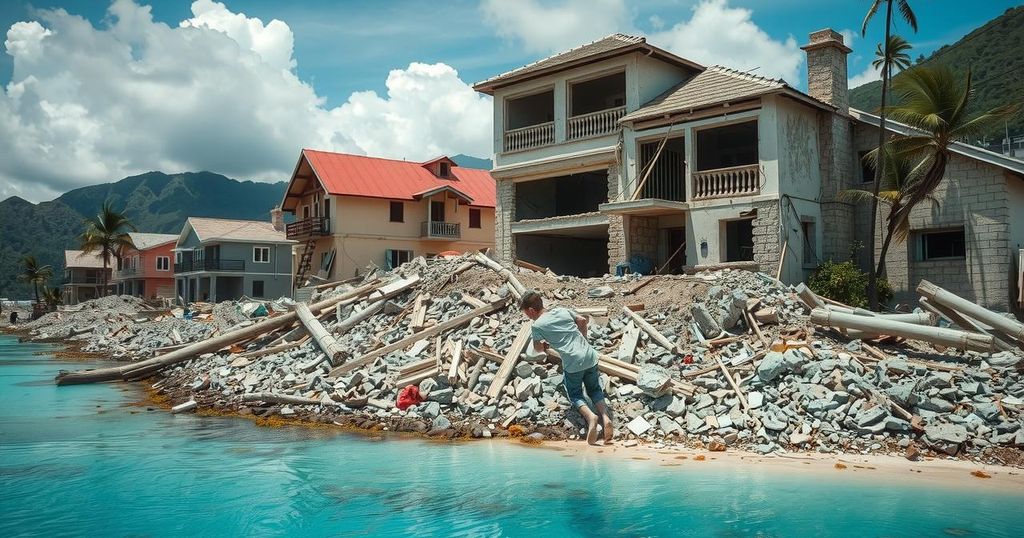On January 12, significant historical events occurred, including Andrew Carnegie’s testimony in 1912, the formation of the League of Nations in 1919, Hattie Caraway’s Senate election in 1932, introduction of “Victory Sausages” during WWII, Bill Nelson’s flight in 1986, Clinton’s independent investigation in 1994, a deadly pilgrimage incident in 2006, and a catastrophic earthquake in Haiti in 2010. In 2024, the U.S. and allies retaliated against Houthi attacks in the Red Sea.
This day in history reflects on significant events that have shaped the world. In 1912, industrialist Andrew Carnegie supported former President Theodore Roosevelt’s anti-trust stance during the Stanley Committee hearings. In 1919, key Allied leaders, including U.S. President Woodrow Wilson and British Prime Minister David Lloyd George, convened in Paris to negotiate post-World War I peace terms and establish the League of Nations. The year 1932 witnessed Hattie Caraway making history as the first woman to serve a full term in the U.S. Senate. During World War II in 1943, the U.S. Office of Price Administration introduced “Victory Sausages” amidst meat rationing. Notably, in 1986, U.S. Representative Bill Nelson flew aboard the Columbia shuttle, marking a historic moment for space travel. In 1994, President Bill Clinton began an independent investigation into the Whitewater land deal. The tragic pilgrimage incident in Saudi Arabia in 2006 resulted in significant fatalities. On January 12, 2010, a devastating 7.0 magnitude earthquake struck Haiti, causing immense destruction and leading to a catastrophic cholera outbreak that claimed thousands of lives. Finally, in 2024, the U.S. and allies responded forcefully to recent Houthi assaults in the Red Sea.
The date of January 12 has witnessed a number of pivotal moments throughout history, particularly in the context of political and social change. These events have not only forged alliances and led to significant reforms but have also highlighted the fragility of human life, as demonstrated by natural disasters and conflict. The 2010 earthquake in Haiti represents a profound humanitarian crisis, underscoring the ongoing vulnerabilities faced by nations prone to seismic activity. Furthermore, the ensuing cholera outbreak illustrates the public health challenges that often accompany natural disasters, stressing the importance of infrastructure and emergency response capability. The mention of other historical events today showcases the varied tapestry of human endeavor, resilience, and the complex interplay of global politics.
In summary, January 12 has been marked by a series of noteworthy events, ranging from political milestones and societal advancements to profound tragedies. The history of this day encapsulates both the successes and adversities faced by nations and individuals alike. The 2010 Haiti earthquake stands out as a stark reminder of the vulnerabilities communities face in crisis, further emphasizing the need for robust response strategies to address disaster and disease outbreaks. The interplay of these events conveys important lessons about resilience, collaboration, and the enduring challenge of safeguarding human life amidst adversity.
Original Source: www.upi.com







